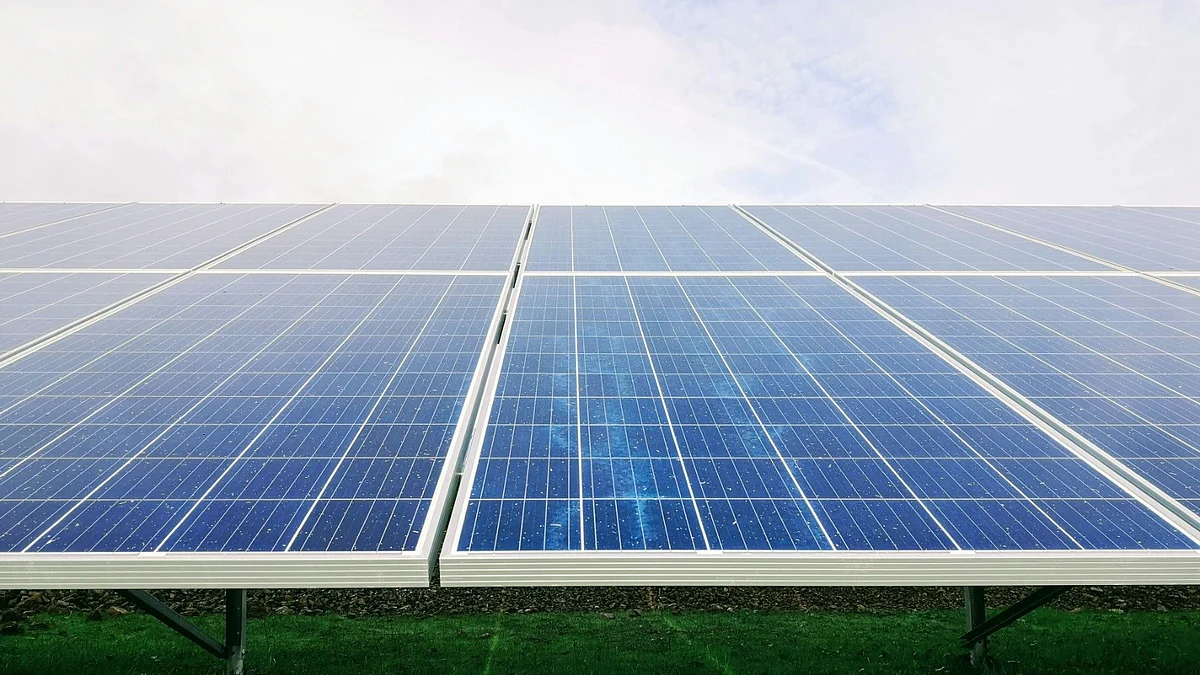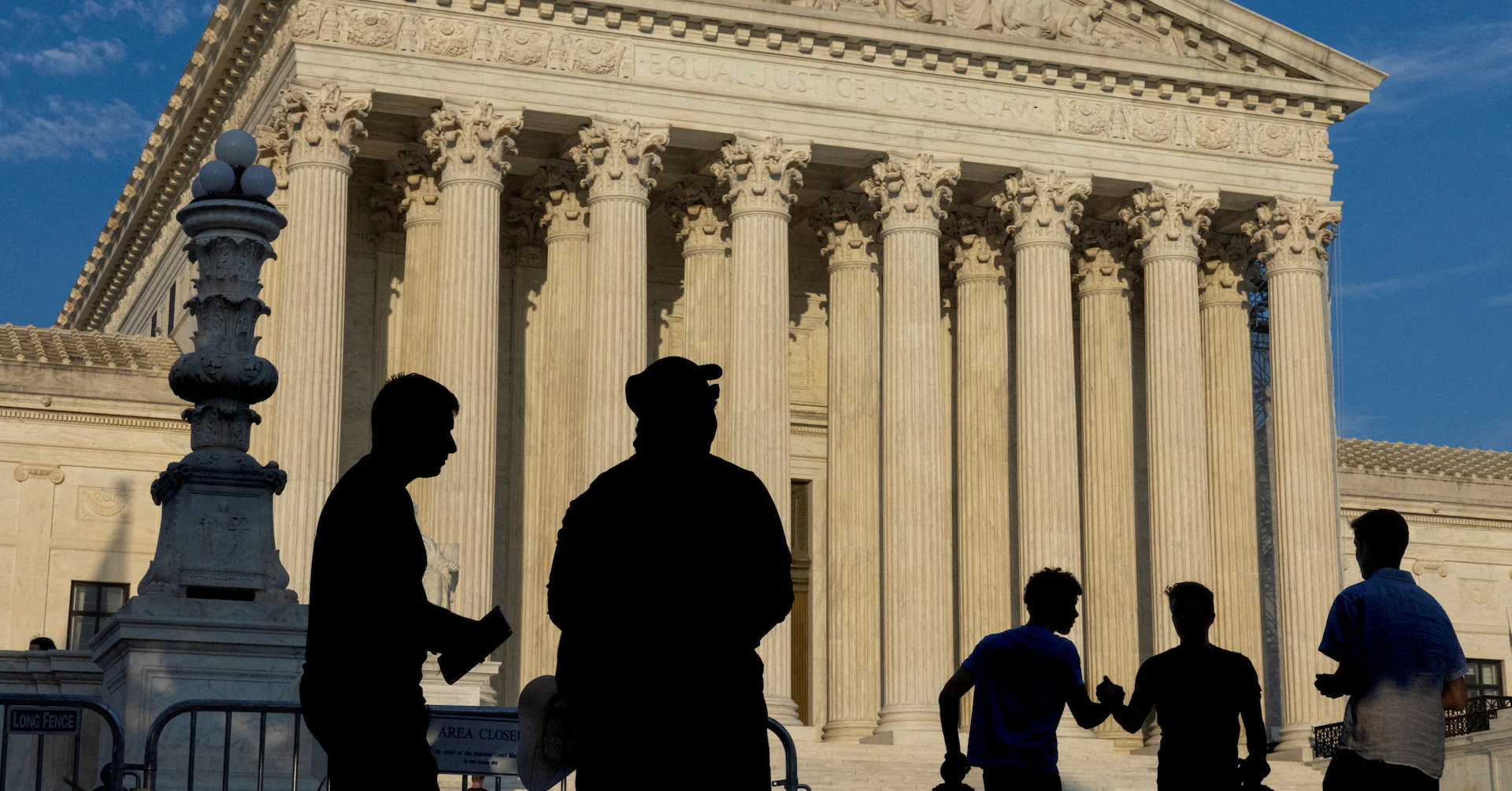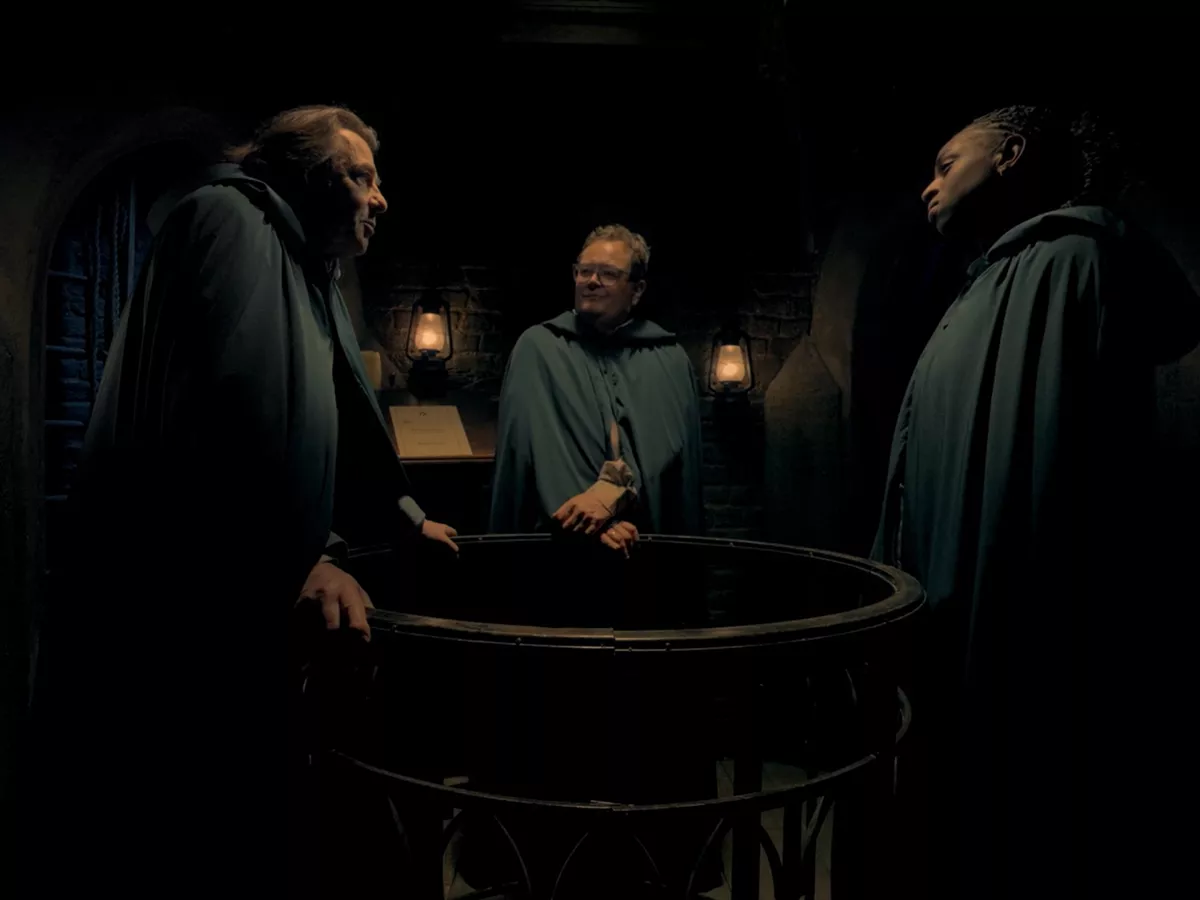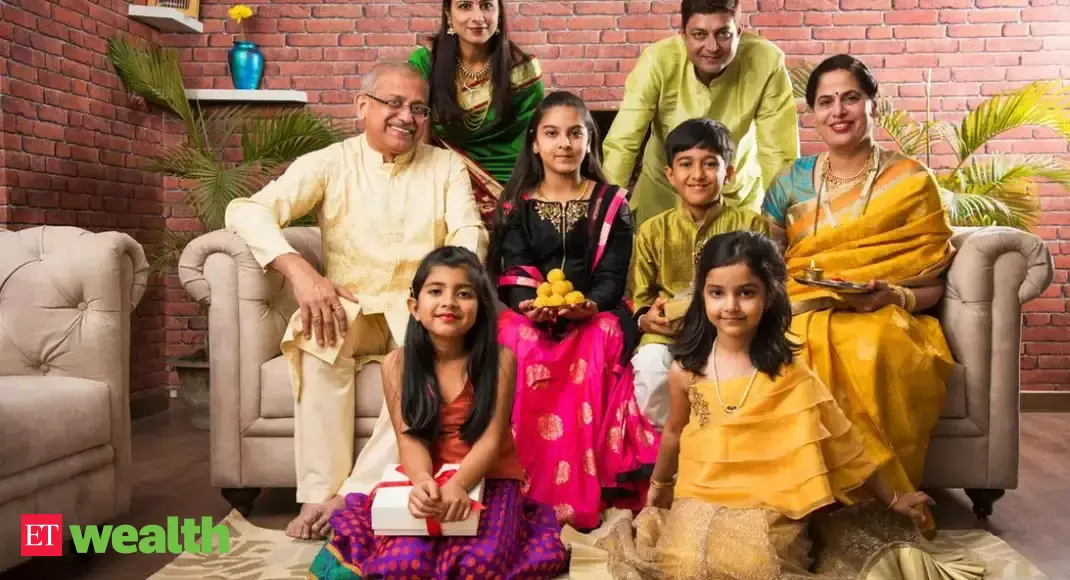Copyright irishmirror

The first thing Larry Tompkins will tell you is that it started small. Just a niggle. A tiny ache under the ribs — the sort of discomfort any man of his generation would shrug off with the muttered words, “It’ll be grand.” Except it wasn’t. “I suppose it starts as little things,” he says now. “A little bit of a pain, annoying more than anything. I let it go — didn’t see anyone for maybe nine or ten months.” That stubbornness — the same stubbornness that made him a legend in Cork football — nearly cost him dearly. What followed was a long, winding road of uncertainty, misdiagnosis, and, ultimately, survival. Doctors probed. They feared the lungs were infected. But when all the tests came back inconclusive, he was sent home with reassurances that never sat quite right. “I was told I was clear,” he says. “But I wasn’t happy with it. I knew something was wrong.” He pushed again. He went back. And that decision, perhaps as vital as any he ever made on a football field, revealed the truth. A tumour. On the wall of his lung. His left lung leaking, full of fluid. “They told me it was cancer — and not just any cancer. A very rare one. One in five million, they said. I could be the only one in Ireland with it.” The words hang there. Even now, nearly a year on from the worst of it, you can sense the disbelief in his voice. How could someone so relentlessly driven, so physically resilient, suddenly find himself facing odds like that? London doctors were called. Reports and scans were dispatched to the Brompton Hospital. Surgery was considered, then ruled out — too dangerous. “They said it would have been touch and go,” he says. Instead came 25 rounds of radiotherapy through the summer, followed by a daily course of immunotherapy tablets and pain relief. Eight or nine tablets a day, he counts them off. And yet — through all of that — there is hope. “The signs are positive,” he says. “The tumour isn’t growing, it hasn’t spread. Even the top people in London couldn’t believe it. They said, ‘It’s been three years, and it’s stayed in one place.’ Please God, it stays that way.” He smiles when he says it. A smile that carries both gratitude and fatigue — the sort of smile that comes from someone who knows the value of another sunrise. “I’m feeling not too bad,” he adds. “Wasn’t able to cut the lawn for a long time, but last week I did. First time since I got sick.” It’s the small victories now that matter most. He spent three months in Cork University Hospital — “I could nearly walk to it,” he says — and left in early April. By then, his left lung was gone. Physically still there, but functionally dead. “They tried to reinflate it,” he says, “but it won’t come back. So I’m operating off one lung now.” He keeps himself moving — short walks on flat ground, daily exercises, careful breathing. “I have to stay away from the hills,” he says, “but I’m out most days. You’ve got to stay fighting.” It’s the fight that defines him, always has. You think back to the hard man who led Cork through the late ’80s and early ’90s, who dragged them to All-Ireland glory in ’89 and ’90. You don’t lose that will just because life lands a heavier punch. “There were stages,” he admits, “when I thought I wasn’t going to come through. But look, if you can just stay positive… that’s half the battle.” He pauses, then adds quietly: “You never think you’re going to get it. You think it happens to other people. But when you’re told you have cancer, it changes everything. You appreciate every day you get through. You enjoy the small things more.” The GAA world has rallied around him. Cards. Masses. Messages from every corner of Ireland — and even from across the Atlantic, where Tompkins once plied his trade in the bars and building sites of New York. “It was amazing,” he says. “Even people from Boston, San Francisco, calling to wish me well. But when you’re so sick, the last thing you want is visitors. I wasn’t able for it. Still, to know they were thinking of me… it meant a lot.” Nearly forty years on, he still marvels at how his football life turned on one chance conversation. He was in New York, playing for Donegal, making good money as a carpenter. Life was comfortable. Then the Collins brothers from Castlehaven came calling. “They twisted my arm,” he laughs. “Said come home for a summer, see if we can win a county.” He hadn’t planned to stay. His bags were barely unpacked when he found himself training with Cork. “Believe it or not, I played for Cork before I played for Castlehaven,” he says, shaking his head. “Hard to believe.” The rest, of course, is legend. The All-Irelands. The iconic frees. The leadership. The voice that commanded and inspired. He came to Cork a stranger and became one of their own. “When you come to Cork,” he says, “you’re surrounded by incredible sportspeople — Sonia O’Sullivan, Roy Keane, Denis Irwin. You felt proud to wear that jersey. I just tried to give it everything.” Now, decades later, his name is etched into the GAA’s Hall of Fame. Another accolade arrived this week from the Gaelic Writers’ Association — and for a man who has won everything, the recognition still matters. “You can never replace playing,” he says. “That’s the greatest thrill of all — pulling on the Cork jersey on big days. But these awards, they mean more as you get older. You feel like maybe you did something right.”



